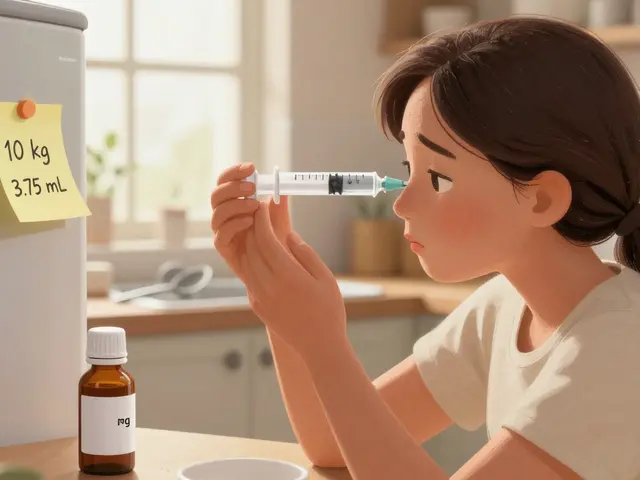Learn why early detection is essential for preventing bone damage, how to screen effectively, key risk factors, and lifestyle steps to keep your bones strong.
Prevent Bone Loss: Natural Ways, Key Nutrients, and What Actually Works
When you think about bone loss, the gradual thinning and weakening of bone tissue that often leads to fractures and osteoporosis. Also known as osteopenia, it’s not just an older person’s problem—it starts quietly in your 30s and 40s, often without symptoms until you break something. Most people assume bone loss is inevitable with age, but that’s not true. You can slow it down, even reverse it in early stages, with simple, daily choices.
Two things matter more than anything else: calcium, the main mineral your bones are made of and vitamin D, the nutrient your body needs to absorb calcium. You can’t get enough calcium from diet alone if you’re not moving your body. Walking, lifting weights, even stair climbing—these aren’t just for fitness. They’re bone-building signals. Your bones respond to stress like muscles do. No stress? They start to weaken. And vitamin D? Most people are low on it, especially in colder climates. Sunlight helps, but supplements often do too.
It’s not just about what you take in—it’s what you’re losing. Too much salt, too much soda, heavy drinking, smoking—these all speed up bone breakdown. Even some common meds, like long-term steroids or certain acid reflux drugs, can hurt your bones. That’s why you’ll find posts here about how medications like Calan or Ciplox might interact with your overall health, and why things like medication-induced heartburn or diabetes-related complications can quietly affect your skeletal system too. Bone health doesn’t live in a bubble. It connects to your gut, your hormones, your sleep, even your stress levels.
There’s no magic pill to prevent bone loss. But there are clear, science-backed steps you can take right now. Eat more leafy greens and dairy alternatives fortified with calcium. Get outside for 15 minutes a day. Do squats or carry groceries like weights. Skip the soda. Check your vitamin D levels. These aren’t fancy tricks—they’re basic habits that add up. And if you’re over 50, or have a family history of fractures, you need to be proactive, not waiting for a fall to wake you up.
Below, you’ll find real guides on how specific medications, supplements, and health conditions affect your bones. Some talk about how diabetes impacts your whole body, including your skeleton. Others break down what works and what doesn’t when it comes to supplements and drug interactions. You won’t find fluff here—just clear, practical info from people who’ve been there, and studies that back it up. Whether you’re trying to avoid osteoporosis, recover from a fracture, or just stay strong as you age, the answers are in these posts. Start with what’s most relevant to you. Your bones will thank you in 10 years.






